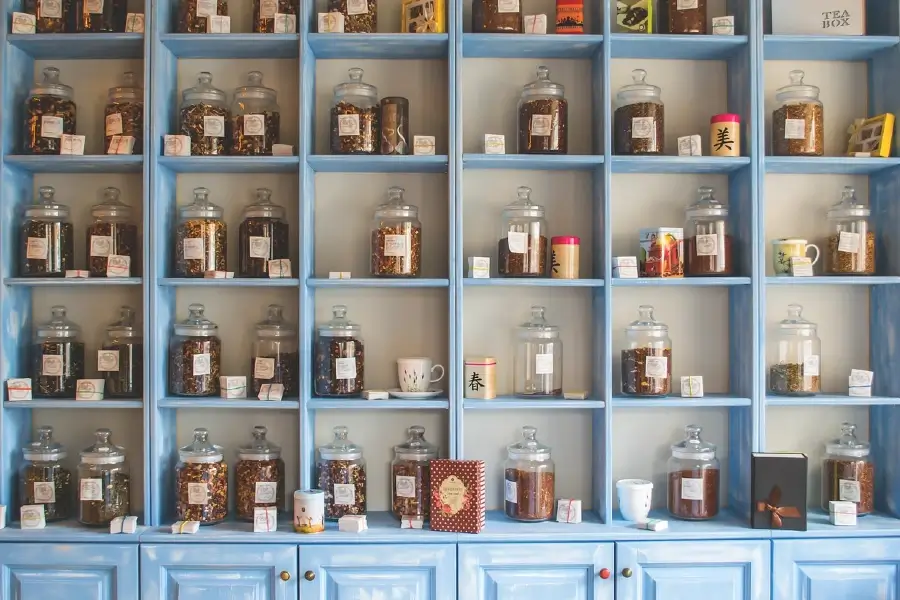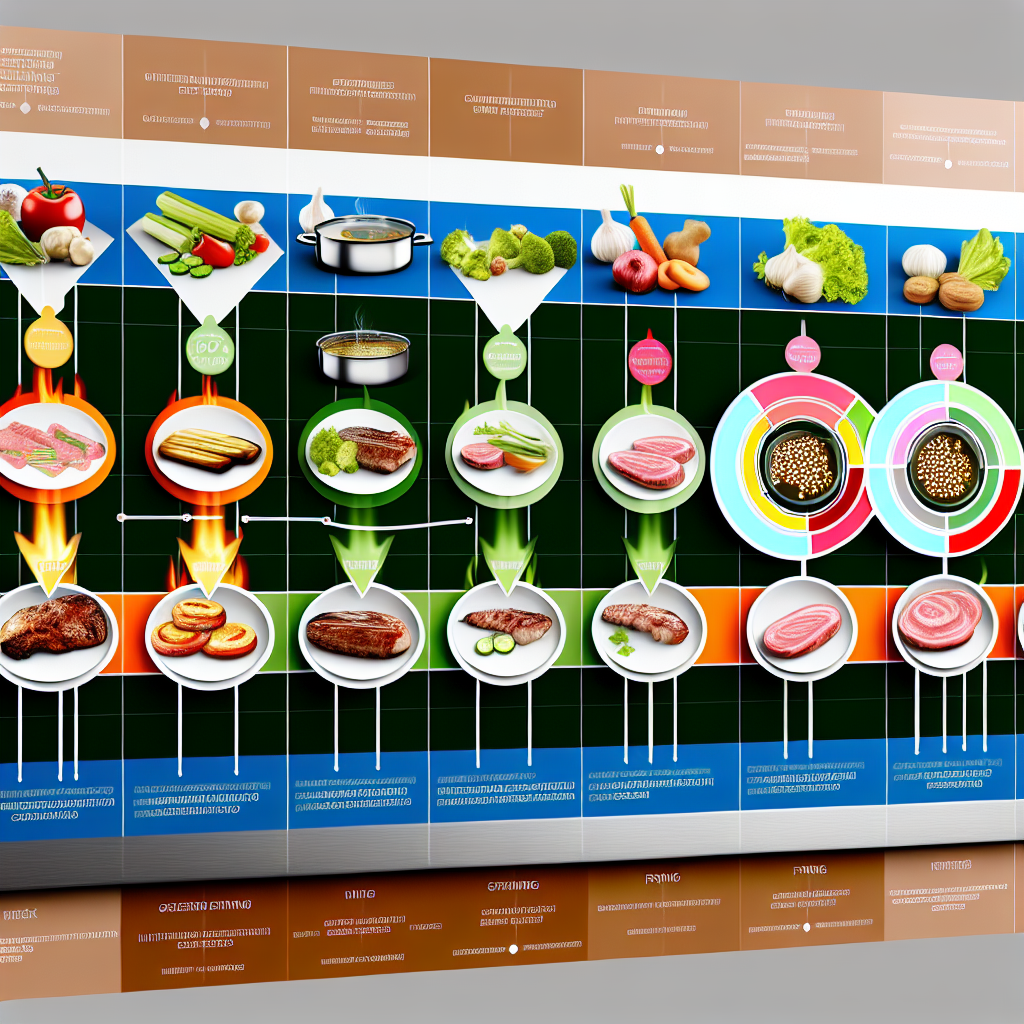Zimbabwe is a country in southern Africa that is renowned for its rich cultural heritage and traditional medicinal practices.
The country is home to a vast array of indigenous plants that have been used for centuries to treat various ailments. These herbal remedies have become an integral part of the country’s culture, and many Zimbabweans still rely on them to maintain their health and wellbeing.
One of the most popular herbal remedies in Zimbabwe is Moringa. This plant is known for its numerous health benefits, including its ability to boost the immune system, reduce inflammation, and promote healthy digestion. Moringa is usually consumed as a tea or in powder form, and it is readily available in most health food stores in Zimbabwe.
Another popular herbal remedy in Zimbabwe is the African Potato. This plant is used to treat a wide range of conditions, including arthritis, asthma, and high blood pressure. African Potato is usually consumed as a tea or in powder form, and it is also readily available in most health food stores in Zimbabwe.
Zimbabweans are increasingly turning to medicinal herbs for a variety of reasons.
Ginger is also a popular herbal remedy in Zimbabwe. This plant is known for its anti-inflammatory properties, and it is often used to treat digestive issues such as nausea and vomiting. Ginger can be consumed as a tea or added to food as a spice.
Other popular herbal remedies in Zimbabwe include Rooibos tea, which is known for its antioxidant properties, and Baobab fruit, which is rich in vitamin C and is used to boost the immune system.
Zimbabweans are increasingly turning to medicinal herbs for a variety of reasons, including:
High Cost of Conventional Medicine: Economic struggles in Zimbabwe have made prescription drugs expensive and often out of reach for many citizens.
Deteriorating Healthcare System: The public healthcare system in Zimbabwe faces challenges, leading some to seek alternative treatment options.
Cultural Tradition: Traditional medicine using herbs has a long history in Zimbabwean culture.
Here’s a closer look at these trends:
Affordability: Medicinal herbs are generally seen as a more affordable healthcare option compared to conventional medications.
Accessibility: Herbs are often readily available in local markets, making them easier to access than prescribed drugs.
Cultural Significance: Traditional healers and herbal remedies hold a significant place in Zimbabwean culture, leading some to trust these practices.
However, it’s important to note some drawbacks:
Limited Regulation: The sale and use of medicinal herbs in Zimbabwe are not always strictly regulated, raising concerns about quality and safety.
Lack of Research: While some herbs may have beneficial properties, there’s often limited scientific research to confirm their effectiveness and potential side effects.
Potential Interactions: Herbal remedies can interact with conventional medications, so consulting a doctor before use is crucial.
Overall, the use of medicinal herbs in Zimbabwe reflects the complex interplay between economic hardship, cultural traditions, and the limitations of the healthcare system.
In conclusion, herbal remedies have played a significant role in Zimbabwean culture for centuries. The country’s vast array of indigenous plants has provided a wealth of natural remedies that have helped Zimbabweans maintain their health and wellbeing. From Moringa to African Potato, these herbal remedies continue to be an essential part of Zimbabwe’s traditional medicinal practices.

Dominic E. is a passionate filmmaker navigating the exciting intersection of art and science. By day, he delves into the complexities of the human body as a full-time medical writer, meticulously translating intricate medical concepts into accessible and engaging narratives. By night, he explores the boundless realm of cinematic storytelling, crafting narratives that evoke emotion and challenge perspectives.
Film Student and Full-time Medical Writer for ContentVendor.com




